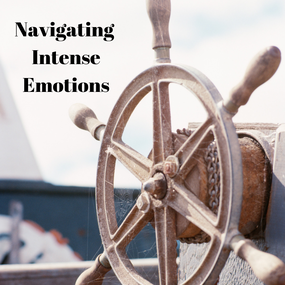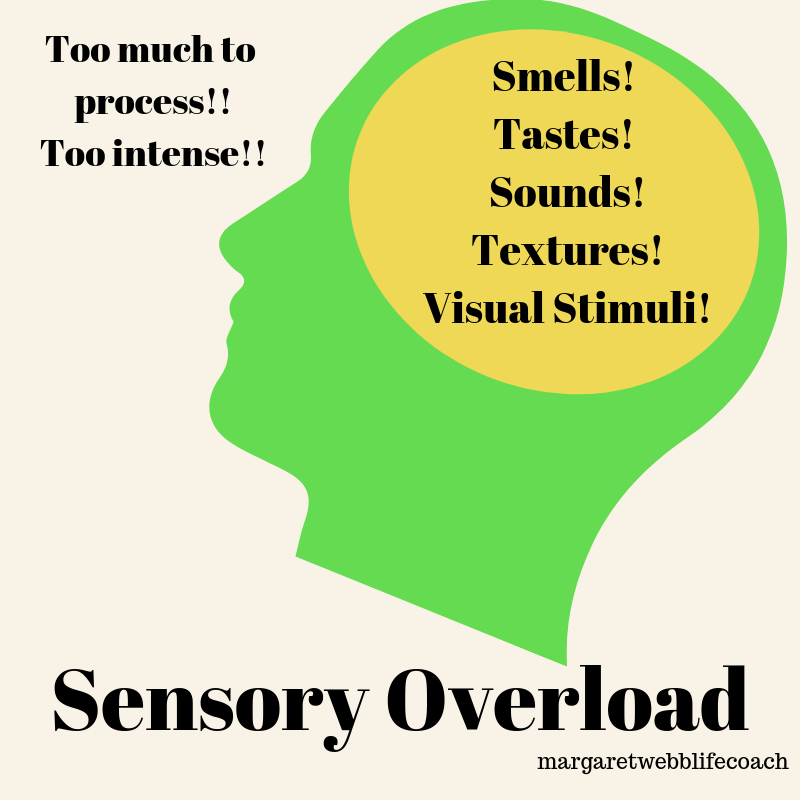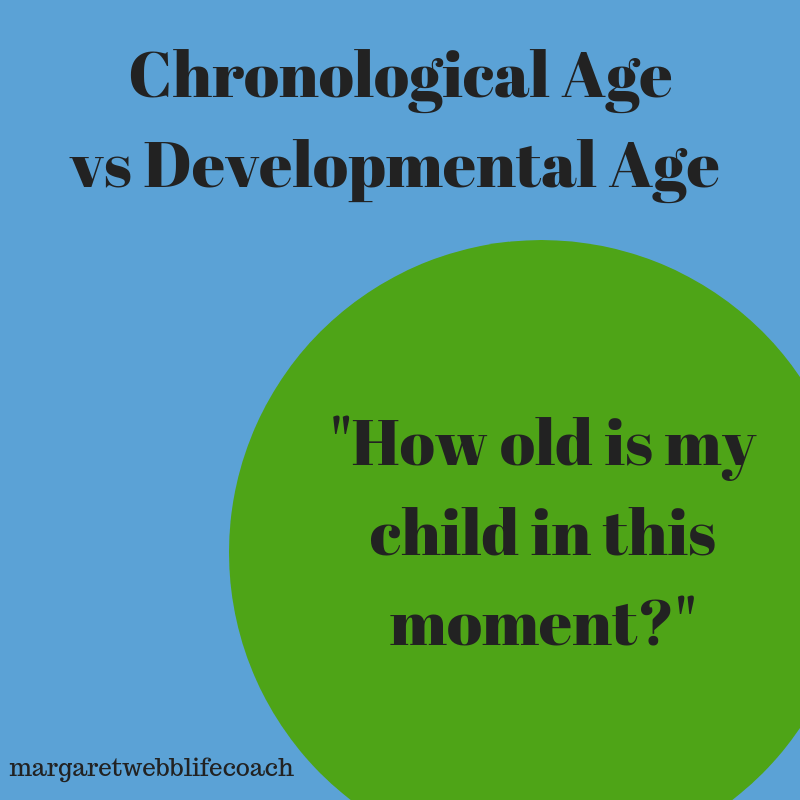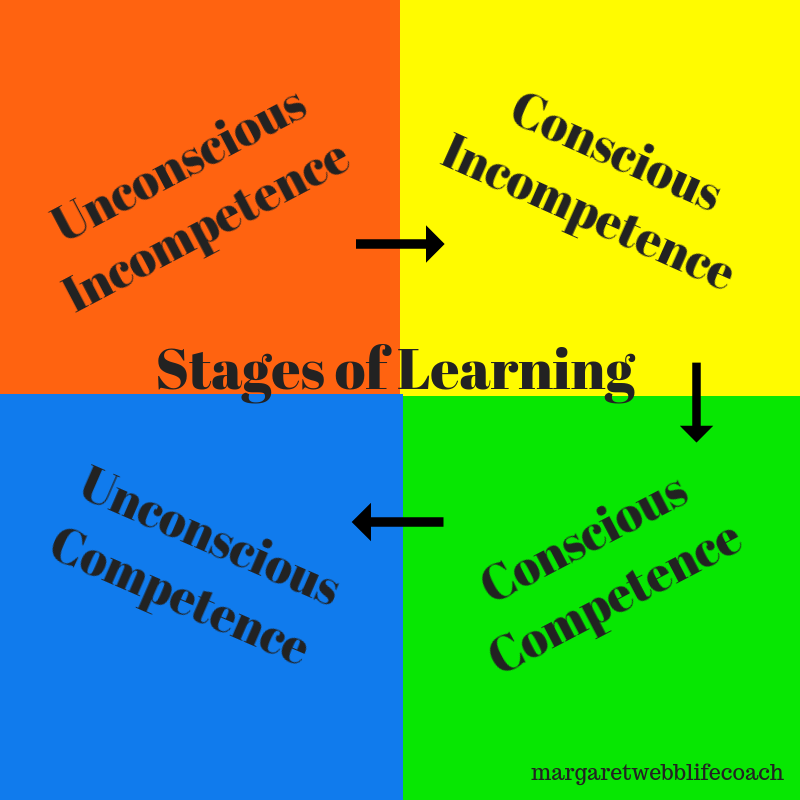- A Hero's Journey in Parenting
- Home
- Parent Coaching
-
Margaret's Parenting Tips
- Margaret's Tips for Friends and Family Members
- Margaret's Tips on Prepping for Parent-Teacher Meetings
- When Things Get Chaotic, Slow Down
- What's Perfect About This?
- We Are Not Responsible For Making Other People Comfortable With Our Children
- Pressing the Reset Button
- Allowing Joy
- Expressing Gratitude
- The Power of Reflection
- Setting Yourself and Your Family Up for Success
- Pressing the Override Button
- Refilling the Metaphorical Energy Tank
- Building Your Support Network
- "What is actually going on in this moment?"
- Margaret's Circles Tool
- Driving as a Metaphor in Parenting
- Awareness of Assumptions
- Permission Slip
- Summer Survival Skills
Navigating Intense Emotions
By Margaret Webb
This is a topic that comes up time and again during my 1:1 coaching sessions and is something I have been teaching for the past ten years in my "Parenting the Child You Didn't Expect While You Were Expecting" classes because it is so challenging not to get tangled up or sucked into the strong emotions of someone that we love.
Why? We want them to feel better, to be happy, to not experience those intense feeling when frustrated, annoyed, challenged, and simply done. We want them to feel better not only because we want them to feel better, but also so that we can feel better.
I have often said that it is the ultimate meditation to just be with someone who is experiencing strong emotions because it is tough! It is a practice! It is going to feel extremely uncomfortable at first AND the more that you do it, the more you'll experience why it's more helpful to stay in an energy of curiosity and noticing as opposed to diving into "fixer" mode.
The most important thing that I ever realized around this had to do with awareness around energy. (This may sound a bit woo-woo but stick with me.) We each bring our own energy (I call it an undercurrent of energy) to any situation and sometimes our energies can be influenced by the energy of another person or a situation that is out of our control. The reality is that we cannot control other people, trust me, I tried controlling my son and everything around him for years and all it did was exhaust me. Now I know that the more awareness around our own energy combined with curiosity about the energies of others and situations, the better off we'll all be.
Below are some visuals that I created that have been super helpful for me to illustrate what this can look and feel like.
By Margaret Webb
This is a topic that comes up time and again during my 1:1 coaching sessions and is something I have been teaching for the past ten years in my "Parenting the Child You Didn't Expect While You Were Expecting" classes because it is so challenging not to get tangled up or sucked into the strong emotions of someone that we love.
Why? We want them to feel better, to be happy, to not experience those intense feeling when frustrated, annoyed, challenged, and simply done. We want them to feel better not only because we want them to feel better, but also so that we can feel better.
I have often said that it is the ultimate meditation to just be with someone who is experiencing strong emotions because it is tough! It is a practice! It is going to feel extremely uncomfortable at first AND the more that you do it, the more you'll experience why it's more helpful to stay in an energy of curiosity and noticing as opposed to diving into "fixer" mode.
The most important thing that I ever realized around this had to do with awareness around energy. (This may sound a bit woo-woo but stick with me.) We each bring our own energy (I call it an undercurrent of energy) to any situation and sometimes our energies can be influenced by the energy of another person or a situation that is out of our control. The reality is that we cannot control other people, trust me, I tried controlling my son and everything around him for years and all it did was exhaust me. Now I know that the more awareness around our own energy combined with curiosity about the energies of others and situations, the better off we'll all be.
Below are some visuals that I created that have been super helpful for me to illustrate what this can look and feel like.
This one illustrates when two people are humming along in a balanced relationship that feels good...
This next one illustrates what it looks like when one person is having a strong emotions and it is so intense that the other person has no metaphorical space to be able to take deep breaths, get perspective in order to offer helpful support. This usually leads to the other person feeling like they need to get big (usually yelling is involved) in order to try to make it stop.
This is what that looks like, circles flipped but the same sort of thing is happening...strong emotions trying to express something in misguided ways. The desire to take control when things feel out of control is totally normal however the more I realized that is what I was trying to do, the more I saw it wasn't helping either of us.
This image illustrates that there are times when it is necessary to separate our energetic circles a bit in order to not get tangled up in one another's strong emotions or energy. Sometimes it involves literally separating yourselves or if not possible, taking some deep breaths, slowing down, and untangling yourself energetically from the discomfort of the other person (this is that meditation that I was referring to!).
It is totally possible to bring a supportive energy to the situation without getting tangled up in it. This is actually more helpful and productive than engaging with lots of talking or quickly trying to get it to stop. Those things tend to feed the fire of strong emotions and by not contributing those, it helps that fire to die down faster.
What that looks like for me is taking deep breaths, calming myself by slowing everything down (I began by literally moving in slow motion in order to counteract what my mind and body wanted, which was to move quickly in order to get this all to stop), imagining that I was zooming out in order to view the situation from a different perspective (almost like I was watching a video in real time in order to zoom in and get curious about what might actually be going on with the different characters involved), and not engaging verbally other than to say a few words like, "I will help you when your body is calm."
Doing these things helps everyone involved even if at first it feels counterintuitive. The reality is that meeting and trying to be someone's strong emotions only creates more strong emotions. If the intention is to support your child in calming in order to be more productive in problem solving or re-regulating, we need to start with ourselves. From there, I find it helpful to explore the possible root causes to help you support your child and help shift away from the need or desire to control.
Possible Underlying Causes of Meltdowns and Tantrums
Where most people place the focus on the actual tantrum or meltdown, I like to get curious to think about what might actually have been going on by rewinding and thinking about what was happening leading up to that moment.
Could it have been...
What that looks like for me is taking deep breaths, calming myself by slowing everything down (I began by literally moving in slow motion in order to counteract what my mind and body wanted, which was to move quickly in order to get this all to stop), imagining that I was zooming out in order to view the situation from a different perspective (almost like I was watching a video in real time in order to zoom in and get curious about what might actually be going on with the different characters involved), and not engaging verbally other than to say a few words like, "I will help you when your body is calm."
Doing these things helps everyone involved even if at first it feels counterintuitive. The reality is that meeting and trying to be someone's strong emotions only creates more strong emotions. If the intention is to support your child in calming in order to be more productive in problem solving or re-regulating, we need to start with ourselves. From there, I find it helpful to explore the possible root causes to help you support your child and help shift away from the need or desire to control.
Possible Underlying Causes of Meltdowns and Tantrums
Where most people place the focus on the actual tantrum or meltdown, I like to get curious to think about what might actually have been going on by rewinding and thinking about what was happening leading up to that moment.
Could it have been...
Sensory Overload
I feel like a lot of our kids are taking in sensory information at intense levels all of the time without them being able to adjust the levels in order to regulate. Sensory input comes in from sights, sounds, smells, tastes, feeling and energy and becomes too much for the child to manage.
Being mindful of your child's sensitivities as well as strategies to help them when sensory overload occurs can be helpful. We have used noise canceling headphones, cotton balls with essential oil scents that he likes, and time-outs in quiet areas.
Common places that this can be particularly overwhelming are lunchrooms, airports, malls, theme/amusement parks. While we can't do anything about the intense sensory experience, awareness of this can help us to be more mindful of when our children might be reaching their toleration limit so we can adjust if possible.
Emotional Regulation Challenges
Managing emotions can be challenging as they can come on fast and furious while also not necessarily being logical or rational unless we know all that was going on with our child and the situation beforehand. It is helpful for me to remember that it is just an inability to regulate emotions and they just come out without filter.
What can often happen is that when they express this intense emotion, people can take it personally or get upset and have an equally intense reaction, trying to control them or get them to stop. While we can do what we can to support them and encourage better ways of managing emotions once things return to baseline, engaging in an emotional power struggle with them is not helpful.
Taking deep breaths and remembering that this is coming from an inability to process and regulate emotions can impact how you interact with them. Using a mantra like, "I will help you when your body is calm" helps me because it calms me down, reminds me not to engage and tells him that I will help him but that I cannot do so until he is calm.
This may require some repattern-ing if your child is used to you engaging AND reminding yourself of the circles I described above can help!
Embarrassment
This fits in a bit with emotional regulation but shows up in shadowy ways, like aggression or defensiveness when someone gets caught doing something wrong or when they become aware that they didn't do something right or as "good" as someone else.
The recognition that this behavior is coming from a place of embarrassment can change the conversation and provide other ways of managing the fact of life that sometimes things don't go the way we plan or that we aren't the "best" at something all of the time.
Chronological Age vs. Developmental Age
When your child is having a meltdown or tantrum, asking yourself how old your child is behaving/acting can help you to meet them where they are in that moment regardless of what their chronological age is.
What can often happen is that people expect our children to behave in ways that are consistent with their chronological age and this leads to a lot of tension since they may not developmentally be able to manage. This can feel tricky to navigate since they might be doing something at or above chronological age level but then something goes wrong and they act at an age much younger than their chronological age.
This goes along with emotional regulation and realizing that they cannot control this can help you to support them without judgement or expectations that they cannot meet in that moment.
Learning Stage Exhaustion
The learning stages are unconscious incompetence (when you don't know that you don't know something), conscious incompetence (when you are aware that you don't know something or know how to do something but are working on learning), conscious competence (you know something or know how to do something but still have to really think about it), unconscious competence (you know something or know how to do something and don't have to even think about it).
So often, our kids spend a majority of the time in conscious incompetence and conscious competence, which requires a lot of energy. Having to spend a good deal of their energy in those ways means they don't get a lot of opportunities to be super competent and do things that come easily.
Awareness of how they are spending their mental and emotional energy is helpful especially when they come home and take it out on those around them. Providing down time or opportunities for them to do what comes easily can help to balance this out, possibly nipping it in the bud before it becomes a meltdown or tantrum.
Desire to Control and Testing Boundaries
I'm putting these together because they are both the child's attempt to figure out what they can do and what the boundaries are. They are also tricky because we want our children to feel like they have choices and to learn how to be independent AND when the balance begins to lean towards them needing to control and having tantrums in order to control the situation, that does not feel good.
Noticing this and getting clear on your intention, what it is that you are wanting with regards to the things they are trying to control, is important. Getting super curious around what is actually going on, what has been happening and what you can do in the future to empower yourself as a parent by providing choices and boundaries that feel good to you.
The child may try to get into a power struggle but knowing that that is what is going on can make a big difference in how you feel about the situation as well as how you approach it.
If you have any questions or want to share what you are noticing, you can email me at [email protected].
xoxo
Margaret
I feel like a lot of our kids are taking in sensory information at intense levels all of the time without them being able to adjust the levels in order to regulate. Sensory input comes in from sights, sounds, smells, tastes, feeling and energy and becomes too much for the child to manage.
Being mindful of your child's sensitivities as well as strategies to help them when sensory overload occurs can be helpful. We have used noise canceling headphones, cotton balls with essential oil scents that he likes, and time-outs in quiet areas.
Common places that this can be particularly overwhelming are lunchrooms, airports, malls, theme/amusement parks. While we can't do anything about the intense sensory experience, awareness of this can help us to be more mindful of when our children might be reaching their toleration limit so we can adjust if possible.
Emotional Regulation Challenges
Managing emotions can be challenging as they can come on fast and furious while also not necessarily being logical or rational unless we know all that was going on with our child and the situation beforehand. It is helpful for me to remember that it is just an inability to regulate emotions and they just come out without filter.
What can often happen is that when they express this intense emotion, people can take it personally or get upset and have an equally intense reaction, trying to control them or get them to stop. While we can do what we can to support them and encourage better ways of managing emotions once things return to baseline, engaging in an emotional power struggle with them is not helpful.
Taking deep breaths and remembering that this is coming from an inability to process and regulate emotions can impact how you interact with them. Using a mantra like, "I will help you when your body is calm" helps me because it calms me down, reminds me not to engage and tells him that I will help him but that I cannot do so until he is calm.
This may require some repattern-ing if your child is used to you engaging AND reminding yourself of the circles I described above can help!
Embarrassment
This fits in a bit with emotional regulation but shows up in shadowy ways, like aggression or defensiveness when someone gets caught doing something wrong or when they become aware that they didn't do something right or as "good" as someone else.
The recognition that this behavior is coming from a place of embarrassment can change the conversation and provide other ways of managing the fact of life that sometimes things don't go the way we plan or that we aren't the "best" at something all of the time.
Chronological Age vs. Developmental Age
When your child is having a meltdown or tantrum, asking yourself how old your child is behaving/acting can help you to meet them where they are in that moment regardless of what their chronological age is.
What can often happen is that people expect our children to behave in ways that are consistent with their chronological age and this leads to a lot of tension since they may not developmentally be able to manage. This can feel tricky to navigate since they might be doing something at or above chronological age level but then something goes wrong and they act at an age much younger than their chronological age.
This goes along with emotional regulation and realizing that they cannot control this can help you to support them without judgement or expectations that they cannot meet in that moment.
Learning Stage Exhaustion
The learning stages are unconscious incompetence (when you don't know that you don't know something), conscious incompetence (when you are aware that you don't know something or know how to do something but are working on learning), conscious competence (you know something or know how to do something but still have to really think about it), unconscious competence (you know something or know how to do something and don't have to even think about it).
So often, our kids spend a majority of the time in conscious incompetence and conscious competence, which requires a lot of energy. Having to spend a good deal of their energy in those ways means they don't get a lot of opportunities to be super competent and do things that come easily.
Awareness of how they are spending their mental and emotional energy is helpful especially when they come home and take it out on those around them. Providing down time or opportunities for them to do what comes easily can help to balance this out, possibly nipping it in the bud before it becomes a meltdown or tantrum.
Desire to Control and Testing Boundaries
I'm putting these together because they are both the child's attempt to figure out what they can do and what the boundaries are. They are also tricky because we want our children to feel like they have choices and to learn how to be independent AND when the balance begins to lean towards them needing to control and having tantrums in order to control the situation, that does not feel good.
Noticing this and getting clear on your intention, what it is that you are wanting with regards to the things they are trying to control, is important. Getting super curious around what is actually going on, what has been happening and what you can do in the future to empower yourself as a parent by providing choices and boundaries that feel good to you.
The child may try to get into a power struggle but knowing that that is what is going on can make a big difference in how you feel about the situation as well as how you approach it.
If you have any questions or want to share what you are noticing, you can email me at [email protected].
xoxo
Margaret
Proudly powered by Weebly










